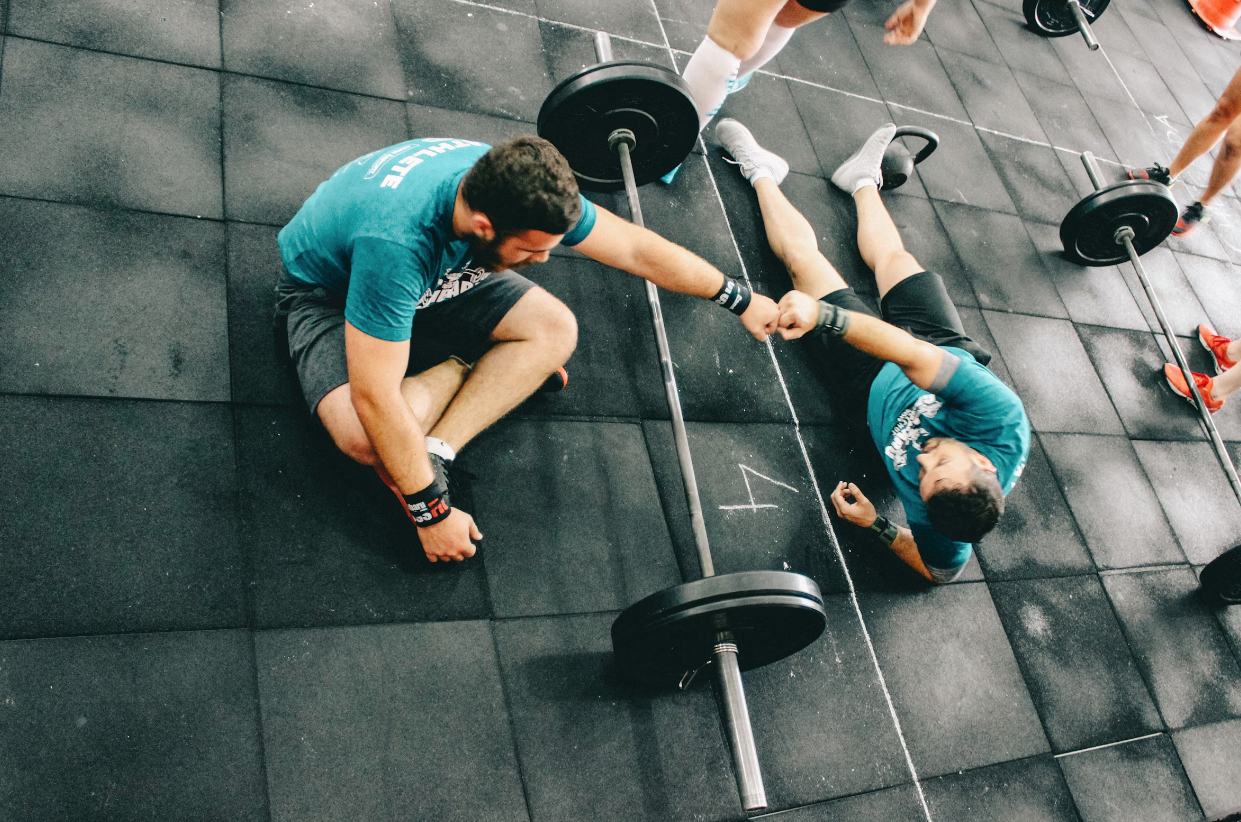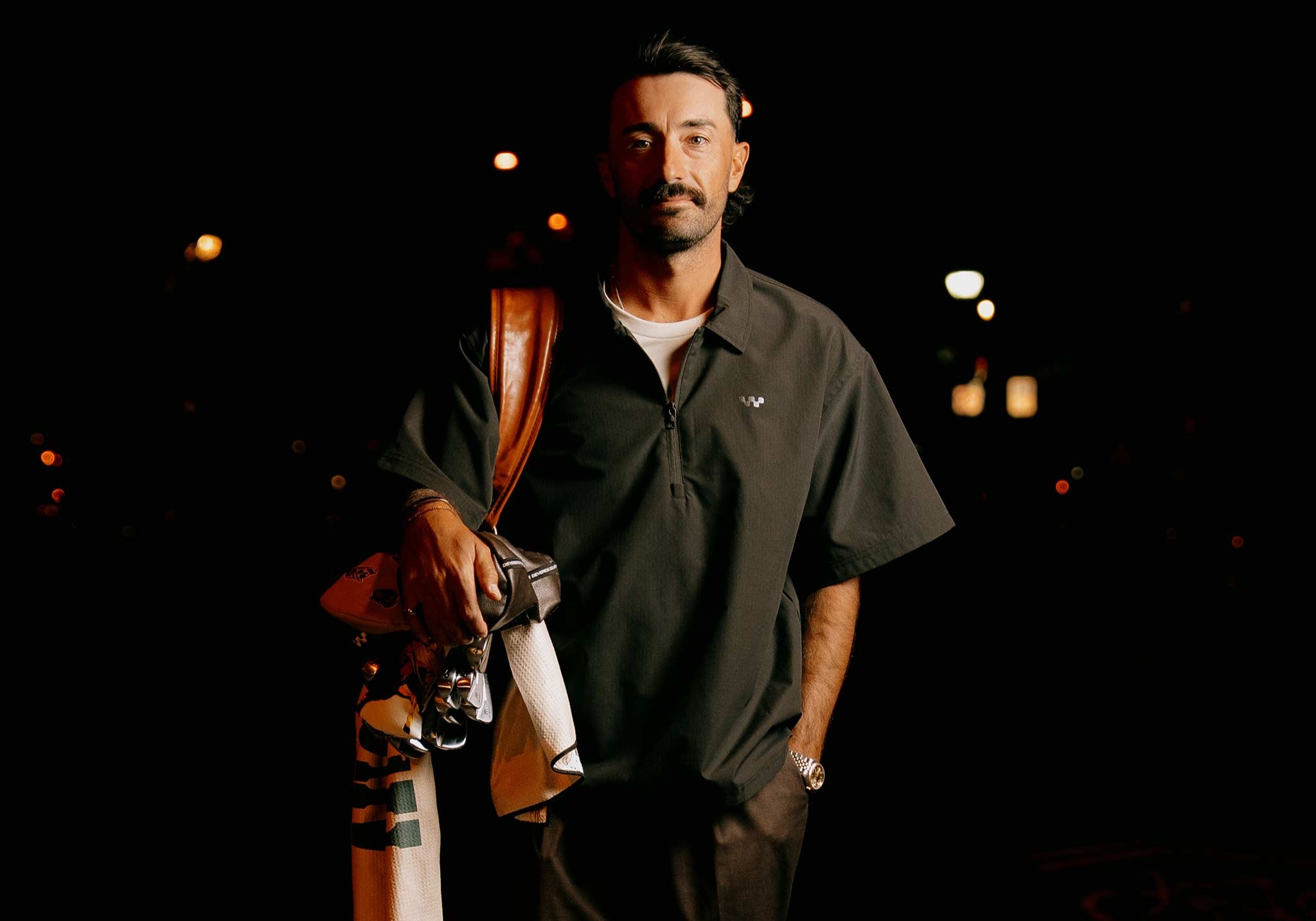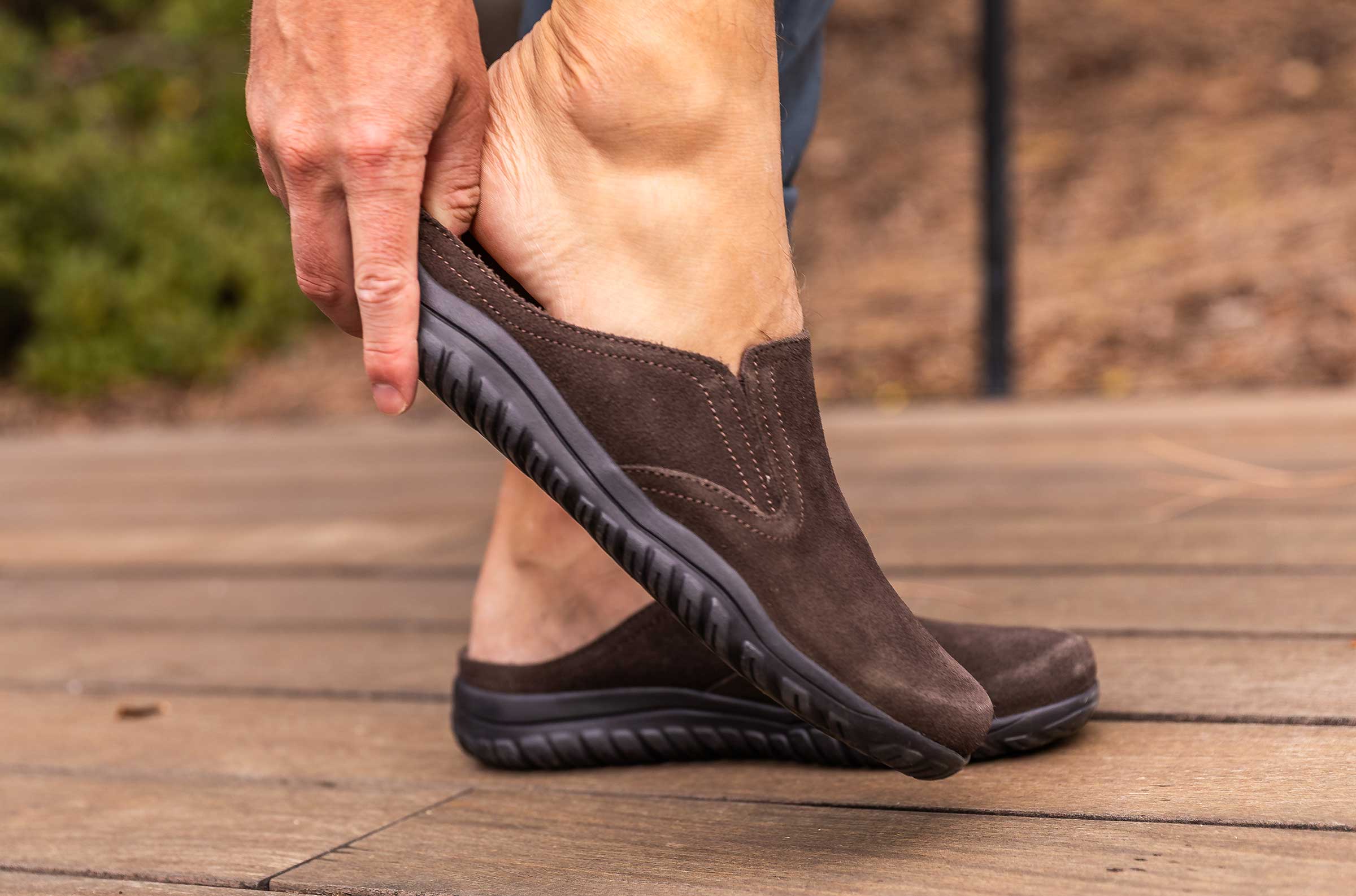Menswear’s Next Breakout Brands: 12 Labels Under 100K Followers On Instagram
Dec 22, 2025The Gift: Becoming a Gender-Specific Men’s Health Practitioner in 2025
- Dec 13, 2024
- 0 Comments
841

Part 2
In Part 1, I described my own work over the years as Gender-Specific Men’s Health Practitioner and why I believe it is a great career choice for the future. Here I will describe in more detail who might be interested in an upcoming training program I will be offering in 2025. If you might be interested, or know someone think would be interested, this may be a great gift for the holidays, one that keeps on giving.
Although I have had an interest in mental health issues since I was a child growing up in a family with an angry and depressed father and a worried and anxious mother, I first became professionally interested in men’s health in 1976 when I read a book by psychologist Herb Goldberg, The Hazards of Being Male: Surviving the Myth of Masculine Privilege. Goldberg wrote,
“The American man an endangered species? Absolutely! The male has paid a heavy price for his masculine ‘privilege’ and power. He is out of touch with his emotions and his body. He is playing by the rules of the male game plan and with lemming-like purpose he is destroying himself—emotionally, psychologically, and physically.”
In 1979 I attended a men’s gathering where Herb Goldberg was the invited speaker. Following the one-day event, a group of guys gathered to continue our explorations and interest in our mental, emotional, and relational health and formed a men’s group. That group of guys has been meeting regularly since then. My wife, Carlin, will tell you that one of the main reasons she and I have had a successful 45-year marriage is because I have been in a men’s group for 46 years.
I continued my work helping men and their families and focused my attention on the changes men experienced at midlife and the “change of life” that men experience how it is both similar and different from menopause in women. In 1997 my book, Male Menopause was published. It soon became an international bestseller published in 14 foreign languages including Spanish, French, German, Chinese, Japanese, Korean, Portuguese, Greek, and Hebrew. I followed up with Surviving Male Menopause: A Guide for Women and Men published in 2000.
I have long recognized the importance of an evolutionary and gender-specific perspective on health.
When Dr. Marianne J. Legato’s book, Eve’s Rib: The New Science of Gender-Specific Medicine and How It Can Save Your Life was published in 2002, the world was introduced to a new field that would forever change our understanding of healthcare.
“Until now, we’ve acted as though men and women were essentially identical except for the differences in their reproductive function,” says Dr. Legato. “In fact, information we’ve been gathering over the past ten years tells us that this is anything but true, and that everywhere we look, the two sexes are startlingly and unexpectedly different not only in their normal function but in the ways they experience illness.”
Dr. Legato went on to become the founding President of the Foundation for Gender-Specific Medicine in 2006. Though she says that the field “is not just about women’s health, but about the health of both sexes,” she acknowledges that men’s health has been neglected. In her book, Why Men Die First: How to Lengthen Your Lifespan, she says,
“The premature death of men is the most important—and neglected—health issue of our time.”
Premature death is the endpoint of differences between men and women that begin with our different biological makeup.
“Everywhere we look, the two sexes are startlingly and unexpectedly different not only in their internal function but in the way they experience illness,” says Dr. Legato.
Dr. Legato’s findings are consistent with another clinician and research in the field, David C. Page, M.D., professor of biology at the Massachusetts Institute of Technology (MIT).
“There are 10 trillion cells in the human body and every one of them is sex specific,”
says Dr. Page. He goes on to say,
“We’ve had a unisex vision of the human genome,” says Dr. Page. “Men and women are not equal in our genome and men and women are not equal in the face of disease. All your cells know on a molecular level whether they are XX or XY.”
Dr. Page concludes, “It is true that a great deal of the research going on today which seeks to understand the causes and treatments for disease is failing to account for this most fundamental difference between men and women. The study of disease is flawed.”
The Importance of Focusing on Men’s Health
The science of gender-specific healthcare includes multiple fields including sexual biology, evolutionary psychology, and environmental ecology. To be an effective practitioner we need to have an understanding of genetic, hormonal, and biological differences between males and females as well as the rules, roles, and expectations that society places on men and women.
The MenAlive Academy of Gender-Specific Healthcare focuses on men’s health for three reasons.
First, men as a group live shorter and more unhealthy lives than do women.
“The premature death of men is the most important—and neglected—health issue of our time,”
says Dr. Legato in her book, Why Men Die First: How to Lengthen Your Lifespan.
Second, our interpersonal relationships are critical determinants of our overall health and wellbeing. Men have a vital role to play in the health men, women, and children.
“What men do in relationships is, by a large margin, the crucial factor that separates a great relationship from a failed one,”
says world-renowned relationship expert Dr. John Gottman.
“This does not mean that a woman doesn’t need to do her part, but the data proves that a man’s actions are the key variable that determines whether a relationship succeeds or fails, which is ironic, since most relationship books are for women. That’s kind of like doing open-heart surgery on the wrong patient.”
Third, men who are unhealthy and unhappy are not only harmful to themselves, but often harm women, children, and society. Comedian Elayne Boosler captures this reality with these humorous and insightful words:
“When women are depressed, they eat or go shopping. Men invade another country. It’s a whole different way of thinking.”
We recognize the problem of male violence in our personal, interpersonal, social, and community lives. According to the World Report on Violence and Health published by The World Health Organization,
“No country or community is untouched by violence. Violence pervades the lives of many people around the world, and touches all of us in some way.”
In the Foreword to the World Report on Violence and Health, Nelson Mandela reminds us that
“Violence thrives in the absence of democracy, respect for human rights and good governance. We often talk about how a ‘culture of violence’ can take root. This is indeed true—as a South African who has lived through apartheid and is living through its aftermath, I have experienced it.”
Mandela’s experiences can act as a warning about violence today. He goes on to say,
“It is also true that patterns of violence are more pervasive and widespread in societies where the authorities endorse the use of violence thought their own actions. In many societies, violence is so dominant that it thwarts hopes of economic and social development. We cannot let that continue.”
There are three major areas of violence-related health problems detailed in the World Report: Homicide, Suicide, and War-related violence. Although violent deaths from mass shootings grab the headlines, they make up a small percentage of all homicides. What is less well known is that death by suicide is where most deaths occur.
The proportion of deaths by category are as follows:
- 18.6% are war-related deaths.
- 31.3% are a result of homicide.
- 49.1% are the result of suicide.
Men do most of the killing and men are the ones most often killed in all three categories of death.
Depression and suicide are not just problems for men, but there is something about being male that increases our risk of dying by suicide. According to recent statistics (2021) from the National Institute of Mental Health, the suicide rate among males was, on average, 4 times higher among male than females. It was also higher for males at every age, particularly for older males.
Suicide rates are based on the number of people who have died by suicide per 100,000 population.
Even during our youth where suicide rates are relatively low, males are still more likely to die by suicide than are females. It is also clear to me as my wife and I move into our 80s, we face many similar challenges as we age, but it is older males who more often end their lives by suicide with rates 8 to 17 times higher than for females for those over 75 years old.
Who Is Likely to Benefit From Advanced Training with Dr. Jed Diamond?
Those in previous trainings answered “yes” to one or more of these questions:
- Are you currently working as a healthcare provider?
- Do you now provide, or are you interested in providing, gender-specific healthcare services for men?
- Would you like to join a community of like-minded practitioners who recognize that supporting each other is good for those we serve and good for practitioners?
- Are you interested in being trained by one of the world’s leading experts in the field?
- Do you want to increase your knowledge and skills in the emerging field of Gender-Specific healthcare and men’s mental, emotional, and relational health?
- Would you like to increase what you earn doing work that you love?
If this sounds like you or someone you know, I would be happy to send more information. Drop me an email to [email protected] and put “Men’s Training” in the subject line.
If you would like to receive my free newsletter with timely articles and information to help you in your life, your relationships, and your work, you can do so here: https://menalive.com/email-newsletter/.
Publisher: Source link







